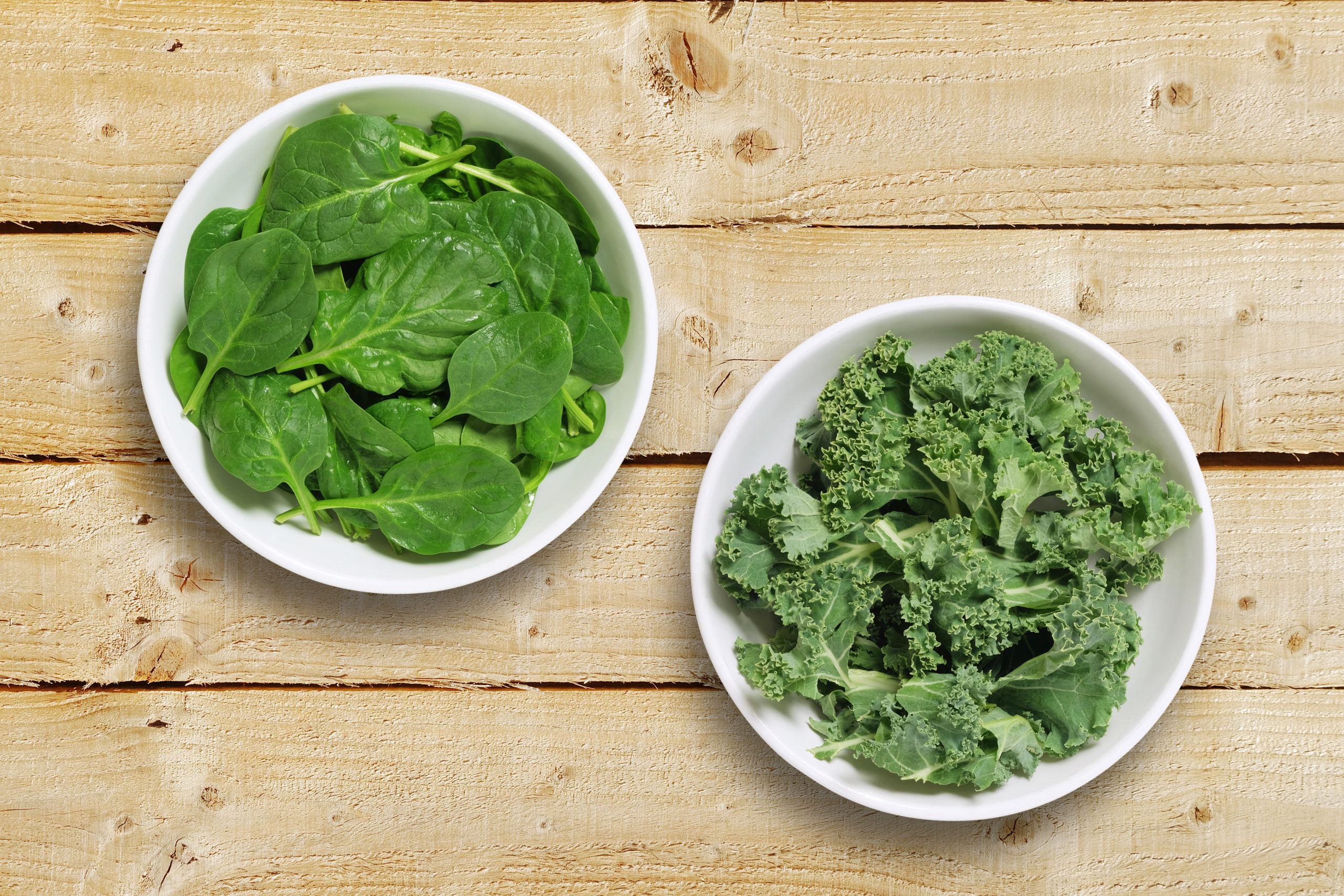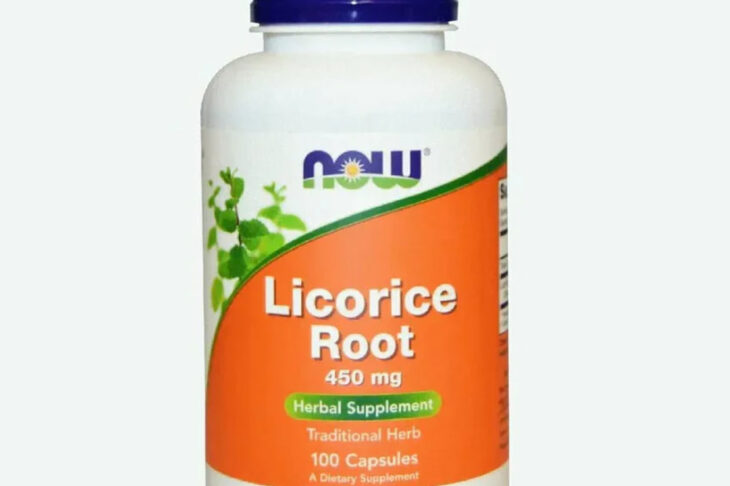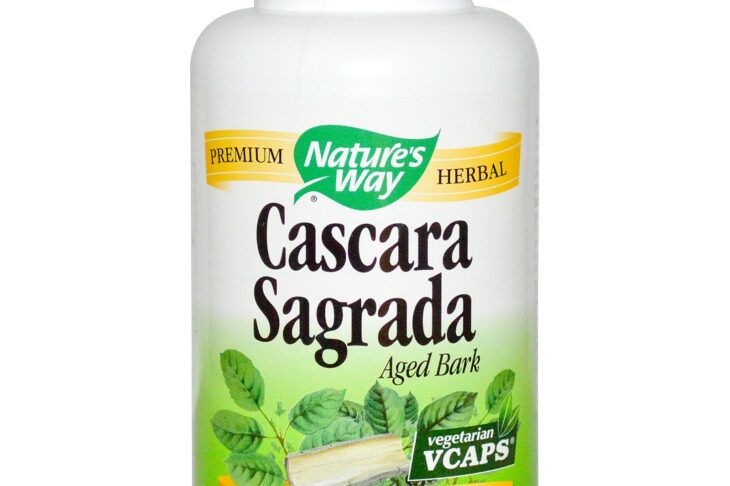
Spinach vs. Kale: Is One Healthier?
When it comes to leafy green vegetables, spinach and kale often take the spotlight. These nutrient-packed greens have gained popularity due to their numerous health benefits. However, many people wonder which one is healthier. In this comprehensive guide, we will compare spinach and kale based on their nutritional content, health benefits, and potential drawbacks, helping you make an informed decision about which leafy green to include in your diet.
Nutritional Content:
Spinach and kale are both rich in vitamins, minerals, and antioxidants. However, their nutritional profiles differ slightly. Spinach is an excellent source of vitamin K, vitamin A, folate, and iron. It also contains significant amounts of vitamin C, calcium, and potassium. On the other hand, kale is particularly high in vitamin K, vitamin C, vitamin A, and manganese. It also provides substantial amounts of fiber, calcium, and copper. Both greens are low in calories and carbohydrates, making them suitable for various dietary preferences.
Health Benefits:
a) Spinach:
Spinach contains a compound called lutein, which is known for its beneficial effects on eye health. It may help reduce the risk of age-related macular degeneration and cataracts. Additionally, the high vitamin K content in spinach contributes to bone health and blood clotting. Spinach also contains nitrate, which can help lower blood pressure and improve cardiovascular health. The folate in spinach plays a crucial role in DNA synthesis and supports overall cell function.
b) Kale:
Kale is often praised for its exceptional antioxidant content. Antioxidants help combat oxidative stress and reduce the risk of chronic diseases, including certain cancers. The high vitamin C content in kale promotes a healthy immune system and collagen synthesis, contributing to skin health. Kale is also rich in fiber, which aids digestion and promotes satiety, making it beneficial for weight management.
Potential Drawbacks:
While spinach and kale offer numerous health benefits, there are a few potential drawbacks to consider.
a) Oxalates:
Both spinach and kale contain oxalates, naturally occurring substances that can interfere with calcium absorption and may contribute to the formation of kidney stones in susceptible individuals. However, for most people, the oxalate content in these greens is not a significant concern unless consumed in extremely high quantities or if they have a history of kidney stones.
b) Goitrogens:
Kale, along with other cruciferous vegetables, contains goitrogens, compounds that can interfere with thyroid function in large amounts. However, cooking kale or consuming it in moderation typically neutralizes these compounds, making it safe for most individuals.
Incorporating Spinach and Kale into Your Diet:
Both spinach and kale can be versatile additions to your diet. Here are some ideas for incorporating them into your meals:
a) Spinach:
Add fresh spinach leaves to salads, sandwiches, or wraps.
Blend spinach into smoothies or juices for a nutrient boost.
Use sautéed spinach as a side dish or incorporate it into stir-fries and pasta dishes.
Add spinach to omelets, quiches, or frittatas.
b) Kale:
Make a kale salad by massaging kale leaves with olive oil and lemon juice, then add your favorite toppings and dressings.
Steam or sauté kale as a side dish or mix it into soups and stews.
Bake kale leaves in the oven to make crispy kale chips.
Blend kale into green smoothies for a nutritious and refreshing drink.
Conclusion:
Spinach and kale are both highly nutritious leafy greens that offer a wide range of health benefits. While spinach is rich in vitamin K, iron, and lutein, kale stands out with its high vitamin C and antioxidant content. Ultimately, the choice between spinach and kale depends on personal preference and dietary needs. It is beneficial to incorporate a variety of leafy greens into your diet to maximize the nutritional benefits. Whether you choose spinach, kale, or a combination of both, these greens are an excellent addition to a healthy and balanced diet.
- Grateful Grape Marijuana Strain - September 15, 2023
- Chocolate Meringue Marijuana Strain - September 15, 2023
- How to Use Delta-8 Products - July 20, 2023


